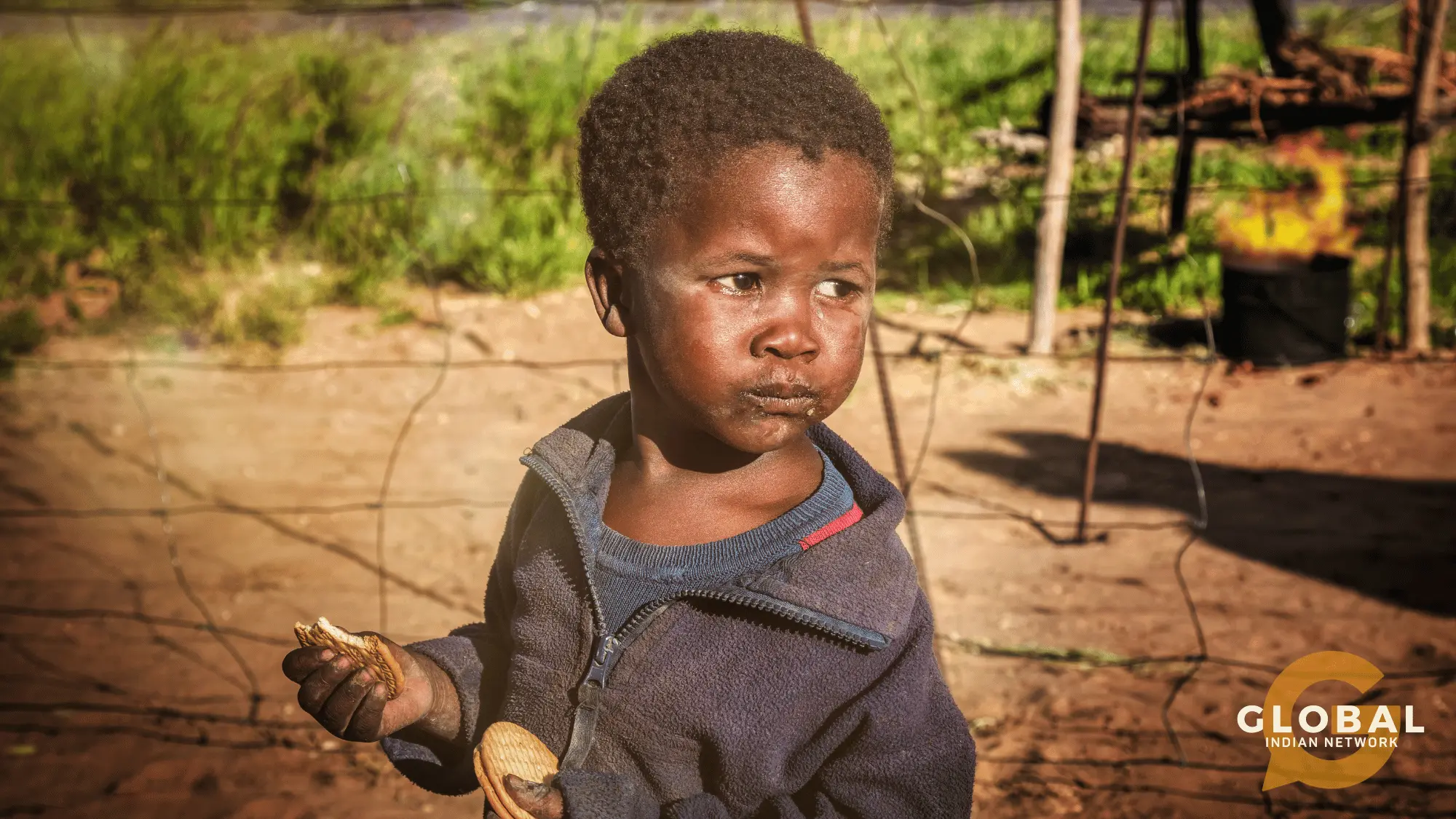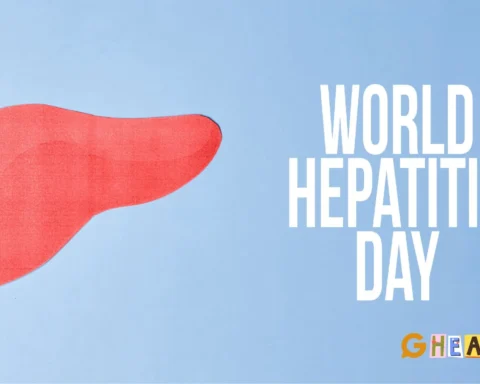The current hunger crisis in Sudan has reached devastating proportions, with the number of families affected increasing at an alarming rate. The confluence of conflict, drought, and economic decline has left millions of people struggling to access sufficient and nutritious food. As a result, the hunger crisis in Sudan has not only heightened the suffering of individuals but also disrupted entire communities and threatens to exacerbate broader social and political tensions.
The Root Causes of Sudan's Hunger Crisis
The multifaceted nature of Sudan's hunger crisis is primarily driven by three intersecting factors: the ongoing conflict between the Sudanese government and various armed opposition groups, the effects of severe drought, and the widespread economic instability resulting from decades of conflict and international sanctions.
The ongoing conflict has had profound consequences for the food security situation in Sudan. As violence and displacement have intensified, thousands of farmers have been forced to abandon their land and seek refuge in overcrowded urban areas or neighbouring countries. Consequently, agricultural production has plummeted, leaving many communities vulnerable to food shortages.
In addition to the impact of conflict, Sudan has been grappling with the devastating effects of a prolonged drought. The lack of sufficient rainfall has led to widespread crop failure and severe water scarcity, exacerbating the already dire food security situation in the country.
Lastly, the widespread economic instability has contributed to the exacerbation of the hunger crisis in Sudan. As inflation has risen and the value of the Sudanese pound has plummeted, the cost of basic foodstuffs has become prohibitively expensive for many families. Consequently, many individuals have been forced to choose between purchasing essential food items and paying for essential services, such as healthcare and education, resulting in further compounding the vulnerability of those affected by the crisis.
The Consequences of Sudan's Hunger Crisis
The dire food security situation in Sudan has led to a myriad of negative consequences that are not only detrimental to the lives of those affected but also threaten to exacerbate broader social and political tensions.
One of the most immediate consequences of the hunger crisis is the heightened suffering and mortality rates among individuals and families. The lack of access to adequate and nutritious food has increased malnutrition, with children particularly vulnerable to the devastating effects of hunger. Furthermore, the physical and mental toll of hunger has contributed to the breakdown of family structures and the increased likelihood of child abandonment, sexual exploitation, and other forms of abuse and neglect.
Another consequence of Sudan's hunger crisis is the exacerbation of existing health issues. As malnutrition rates have risen, so too have the prevalence of diseases such as malaria, cholera, and respiratory infections. The strain on already overburdened healthcare systems has also led to a significant increase in people seeking medical attention outside formal healthcare settings, such as traditional healers and faith-based institutions.
In addition to the direct impact of the hunger crisis on health and well-being, the exacerbation of food insecurity has also contributed to an increased likelihood of violent conflict. As families struggle to secure access to adequate food, they often resort to desperate measures, such as stealing from others or engaging in banditry, to meet their basic needs. These acts of desperation can, in turn, escalate tensions and fuel violence, both within and between communities.
The devastating consequences of Sudan's hunger crisis are far-reaching and require immediate and sustained international attention and action. As the crisis worsens, the humanitarian community must work with the Sudanese government and other stakeholders to implement effective and coordinated relief efforts prioritising the well-being of the most vulnerable populations. This includes providing immediate and lifesaving assistance to those affected by the crisis and investing in long-term development initiatives that aim to strengthen Sudan's capacity to withstand and recover from future crises. By doing so, the international community can help alleviate the suffering of the Sudanese people and contribute to the broader goal of fostering peace, stability, and prosperity in the region.










